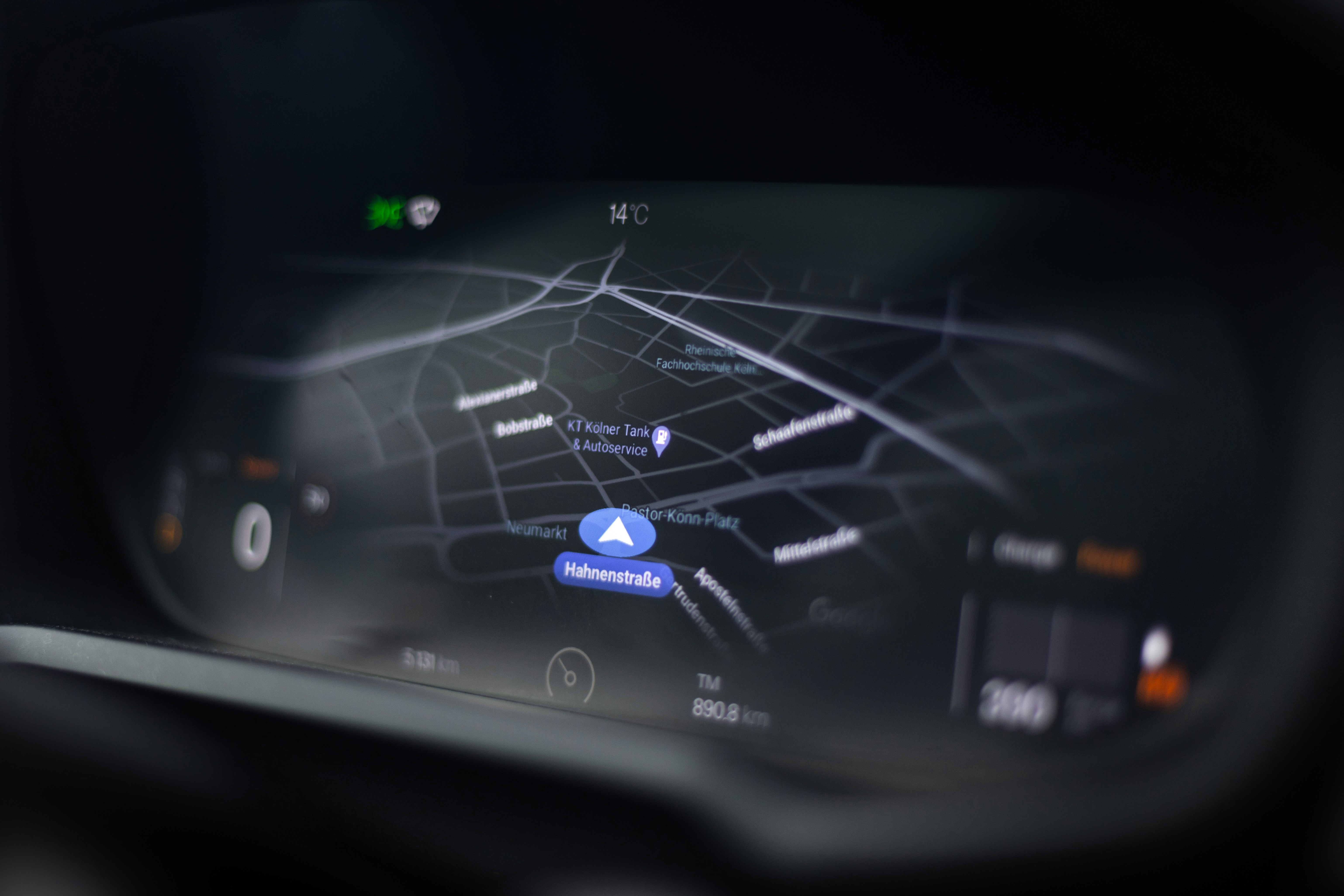.jpg)
How to Charge Your EV: Our Guide for New Drivers
Making the switch to electric? You're about to discover that charging your EV is simpler than you might think. If you've ever found yourself searching for "EV charging near me" at 2am with a nearly flat battery, this guide will transform you from a worried new driver into a confident EV owner who never experiences range anxiety again.
Understanding Your EV Charging Options
Let's break down the three types of charging stations you'll encounter – each designed for different situations in your daily driving routine.
Level 1: Your Standard Home Outlet
Think of this as your overnight energy top-up solution. Simply plug your EV into any standard 3-pin socket using your car's charging cable. You'll gain 2-5 miles of range per hour – perfect for topping up while you sleep. Most new EV drivers start here, and it's completely hassle-free for daily commuting.
Level 2: Fast Chargers for Busy Lives
These are your workhorses for both home and public charging. Whether it's a wallbox at home or a charging point at your local supermarket, Level 2 chargers deliver 10-30 miles of range per hour. You'll typically find these at shopping centres, car parks, and workplaces – ideal for longer stops during your day.
Level 3: Rapid Chargers for Long Journeys
When you need to get back on the road quickly, rapid chargers are your best friend. Located at motorway services and dedicated charging hubs, these powerful stations can charge your battery to 80% in just 20-40 minutes. Perfect for that coffee break during longer trips.
Finding Charging Stations Made Simple
Gone are the days of driving around hoping to stumble upon a charging point. Today's EV drivers have powerful tools at their fingertips:
Your smartphone becomes your charging companion with apps that show real-time availability, pricing, and directions to your nearest charging point. Google Maps now includes EV charging stations in its search results, while dedicated apps like Zap-Map provide detailed information about each location.
Your car's navigation system often includes built-in charging station locators that integrate with your current battery level and planned route. Many newer EVs will even suggest the optimal charging stops for longer journeys.
The key is planning ahead – but don't worry, it quickly becomes second nature. Most EV drivers find their regular charging spots within weeks of ownership.
How to Use Any Charging Station
Using a public charging station is straightforward once you know the steps:
First, locate your charging point and park in the designated bay. Check that your car's charging port matches the station's connector – most UK stations use the universal Type 2 or CCS connectors that work with all modern EVs.
Next, start your charging session. Most stations accept contactless payments, RFID cards, or smartphone apps. Simply tap to start, plug in your vehicle, and the charging begins automatically.
Monitor your charging progress through your car's display or the station's app. You'll see real-time updates on charging speed, cost, and estimated completion time.
When you're ready to leave, end the session through the same method you used to start it, unplug your car, and you're ready to go. The whole process takes less than two minutes to set up.
Smart Charging Strategies That Save You Money
Here's how experienced EV drivers increase their cars efficiency and reduce your costs:
Charge at home whenever possible – it's typically the cheapest option, especially during off-peak hours. Set your car to charge overnight when electricity rates are lower.
Plan your route with charging in mind for longer journeys. Most charging apps let you filter by charging speed and availability, ensuring you never arrive at a busy or broken charger.
Keep your battery between 20-80% for daily driving. This sweet spot maximises battery life while providing plenty of range for your regular journeys.
Understanding Charging Costs
Charging costs vary depending on where and when you charge, but they're generally much lower than petrol or diesel costs:
Home charging typically costs £0.28-£0.40 per kWh, making it the most economical option for daily use. Public chargers range from £0.40-£0.70 per kWh, while rapid chargers cost £0.70+ per kWh but offer the convenience of speed.
Many retailers and councils still offer free charging as part of their customer service – particularly useful for top-ups during shopping trips.
Take Control of Your EV Experience
Charging your electric vehicle is simpler than most new drivers expect. With the right knowledge and tools, you'll never worry about finding your next charge again. The UK's charging infrastructure grows stronger every month, with new stations opening regularly and technology improving constantly.
Ready to take the hassle out of EV charging? Find your nearest available charging point instantly, track your charging sessions, and earn exclusive rewards for every energy top-up. The electric future isn't just here – it's incredibly convenient.
Download EV Infinity today and discover how simple EV charging can be. Join thousands of drivers who've already taken the pain out of searching for chargers.
As an entrepreneurial leader in software and facilities management, Glen turns challenges into opportunities. With a talent for client relationships, Glen delivers success that speaks for itself.






